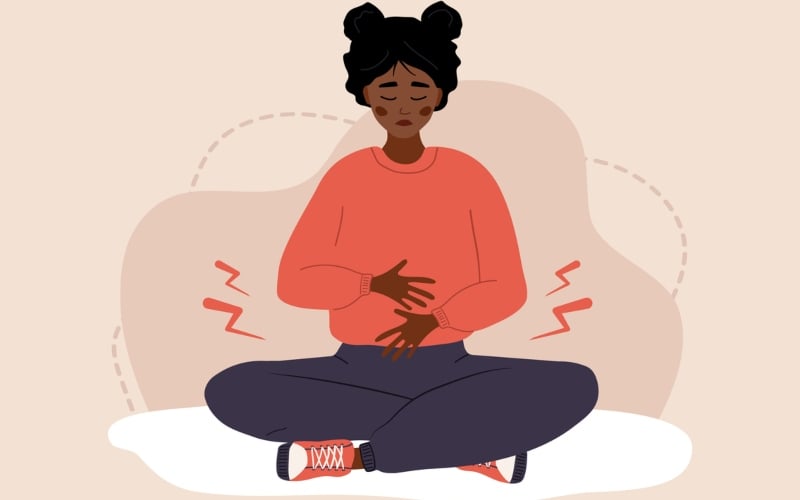There is a recent paper in PNAS, Income and emotional well-being: A conflict resolved, where they, “discovered in a joint reanalysis of the experience sampling data that the flattening pattern exists but is restricted to the least happy 20% of the population, and that complementary nonlinearities contribute to the overall linear-log relationship between happiness and income.”
They paper discussed surveys that used data from 2008 to 2009, and from 2009 to 2015. The first was “a daily survey of 1,000 US residents conducted by the Gallup Organization. The survey included several dichotomous questions about the emotional experience of the preceding day”.
The second got “1,725,994 experience-sampling reports from 33,391 employed US adults. The participants were prompted on their smartphones to report their current happiness, typically three times per day for several weeks. They answered the question, ‘How do you feel right now?’ on a continuous response scale with end points labeled ‘Very bad’ and ‘Very good'”.
Emotional experience is based in the human mind. It is the mind that interprets or determines what to make of external situations. There is no guarantee that something external would be parallel to an emotion within the mind. Usually, the memory [within the mind] tells what the external world or objects are, which are often high probability interpretations. Emotions, however, as degrees after feelings, may or may not generally match, ‘farther away’ from sensory processing.
The human mind is uniform in components, functions, structure and operations. The mind is a neighbor to the brain but different. The same way it determines memory is how it does for feelings and emotions. The labels separate them, but they follow a sequence, which is based on the degrees with which quantities [relaying] acquire properties [near static] across mind locations, conceptually.
All memory, feeling, emotion, reaction and action are properties on the human mind. All experiences are also properties. All regulation and control of internal senses are properties as well. Delight, anger, frustration, sadness, interest, thirst, satiation, lethargy, haste, calm, sleep, wakefulness, playfulness, laughter and so on are properties on the mind. It is whatever is acquired in a moment that makes the decision for what is experienced. External factors may match, but experience is the mind.
There is a key property of the mind called comparison. It is often acquired when there is a difference between experiences. For example, a strenuous exercise may not feel that way, just after an arduous one affecting the same area. There are countless examples of differences in situations [from internal and external senses] where the comparison property is acquired, which may then acquire happiness, in some cases, or sadness or the like, in others.
What money does in several cases is seek comparison, then happiness may follow. Money does not give anyone the privilege to have anything that exceeds the human mind. The mind, for anyone, does its functions and has its operations, even though experiences are different. There are situations that drive sadness, no matter how much money there is. There is not often delight just because of money. Though comparison seems more guaranteed. It may bounce to happiness to a weak degree which may be good enough.
Comparison is a natural parameter of memory, but nurture of several generations has extended it across feelings and emotions. The property of comparisons is acquired in several other situations-experiences, without money, but things to do with money seem more common, leading to its dominance for that property.
Money for things, places, or situations compares with others, the past, to match, or to show that others can compare with the individual. Comparison is also what makes political power seem attractive, where the official experiences comparison-positive more often. Power like money does not guarantee happiness, but the comparison is much.
Comparison is not necessarily a bad thing, nor is money. Driving both in parallel may be a problem. This also applies to social media, its success and some of its negative effects.
—
iStock image
The post Neurobiology: Money as a Factor for Comparison Not Happiness appeared first on The Good Men Project.
Original Article










